Optimal Timing for Foundation Repairs
Foundation repairs are most effectively performed during specific times of the year when environmental conditions favor proper assessment and repair processes. The optimal period typically falls during mild weather conditions, avoiding extreme cold or heat, which can impact the effectiveness of certain repair techniques.
Scheduling foundation repairs during favorable seasons ensures better soil stability, reduces the risk of additional movement, and allows for more accurate inspections. Typically, spring and early fall are considered ideal due to moderate temperatures and lower humidity levels.
Spring offers moderate weather, making it suitable for foundation assessments and repairs before the heat of summer or cold of winter.
Early fall provides stable soil conditions and comfortable temperatures, ideal for foundation work without the disruptions of extreme weather.
Winter and summer pose challenges such as freezing temperatures or high heat, which can hinder repair effectiveness and scheduling.
Soil tends to be more stable during moderate seasons, reducing the risk of further shifting or settling during repairs.
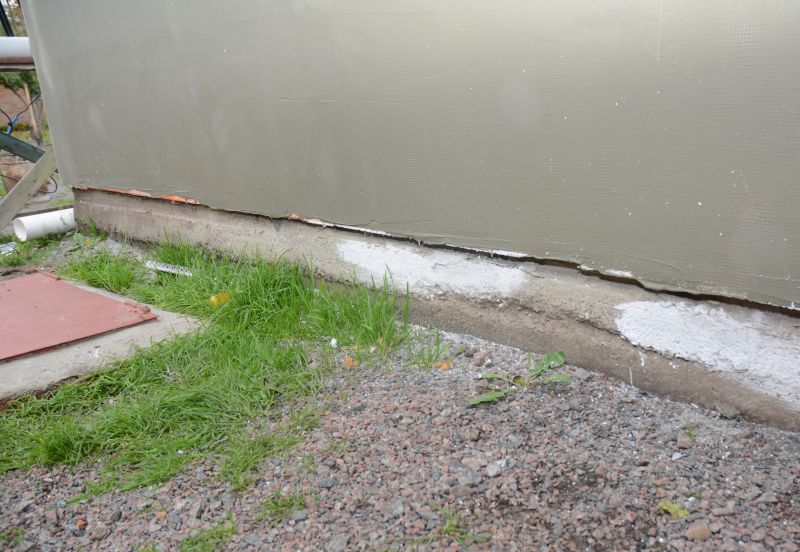
Springtime repairs take advantage of favorable weather conditions for effective stabilization.
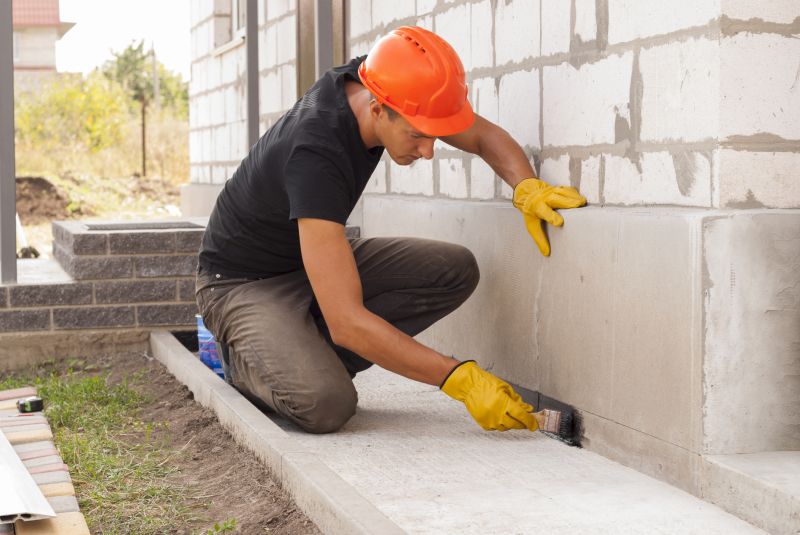
Early fall provides optimal soil conditions and temperatures for foundation work.
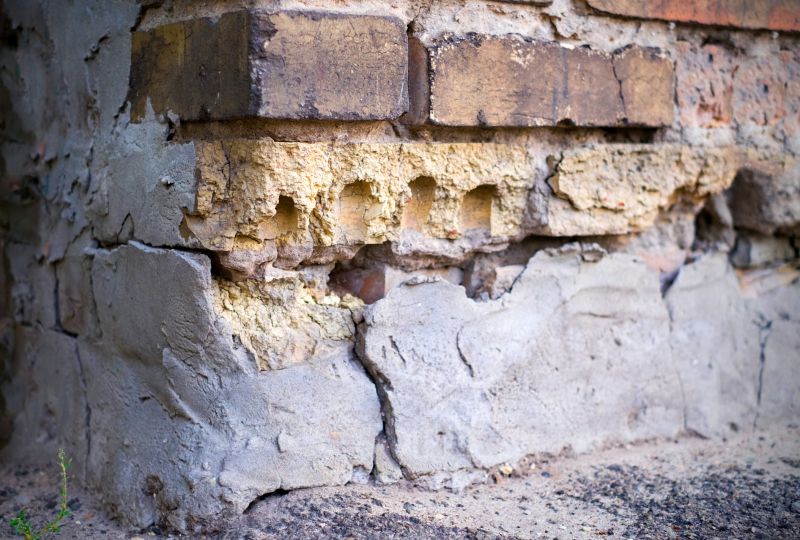
Soil conditions vary with seasons, impacting the timing of foundation repairs for best results.
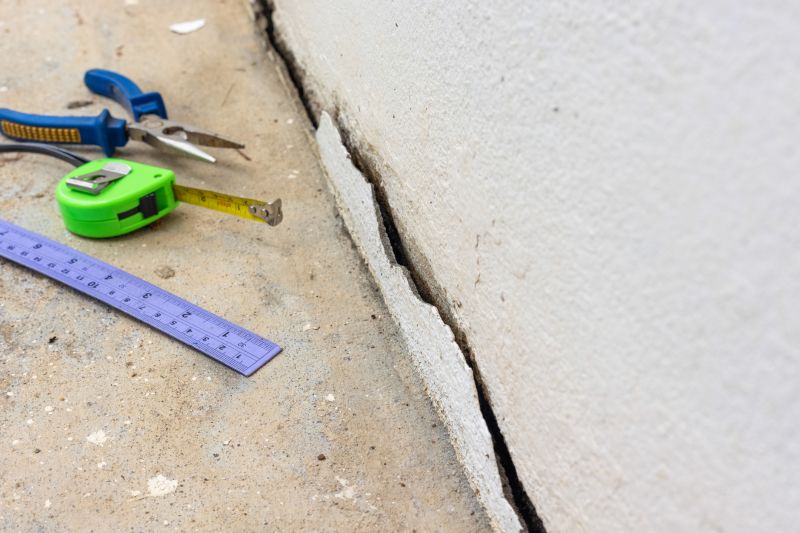
Ways to make Foundation Repairs work in tight or awkward layouts.
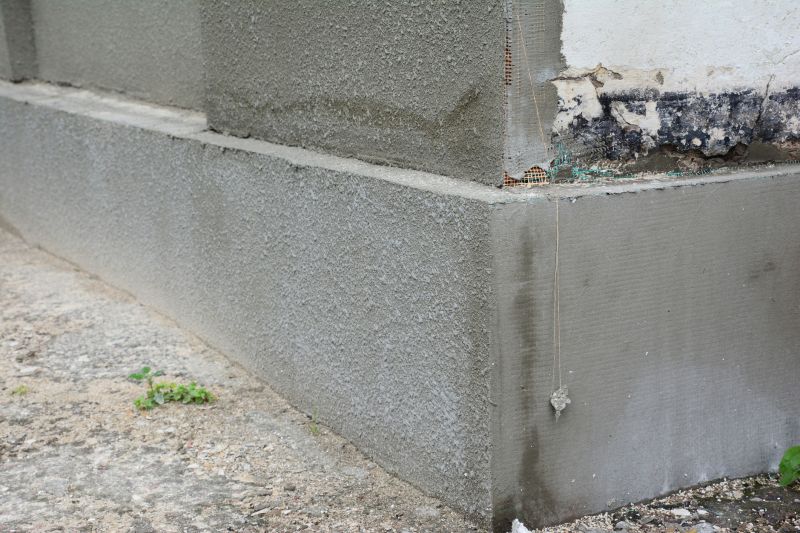
Popular materials for Foundation Repairs and why they hold up over time.
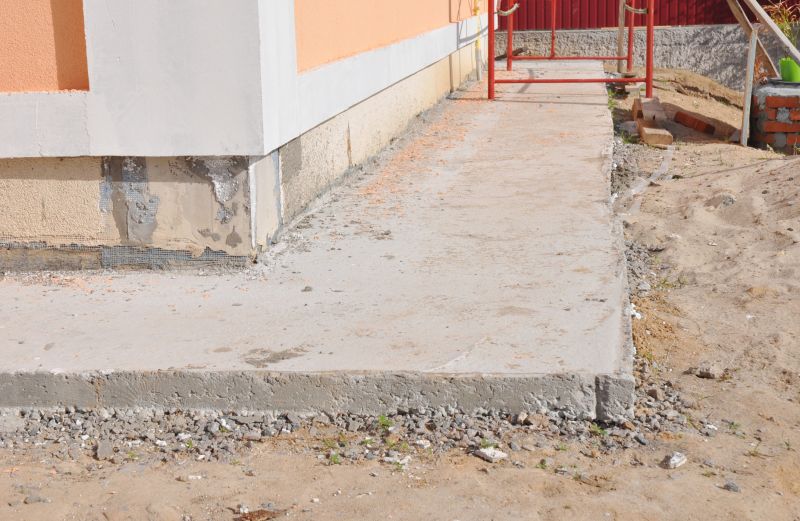
Simple add-ons that improve Foundation Repairs without blowing the budget.
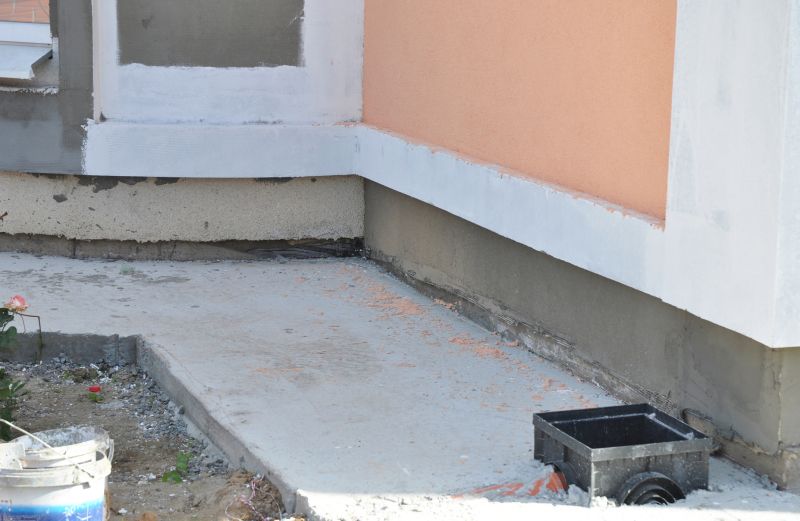
High-end options that actually feel worth it for Foundation Repairs.
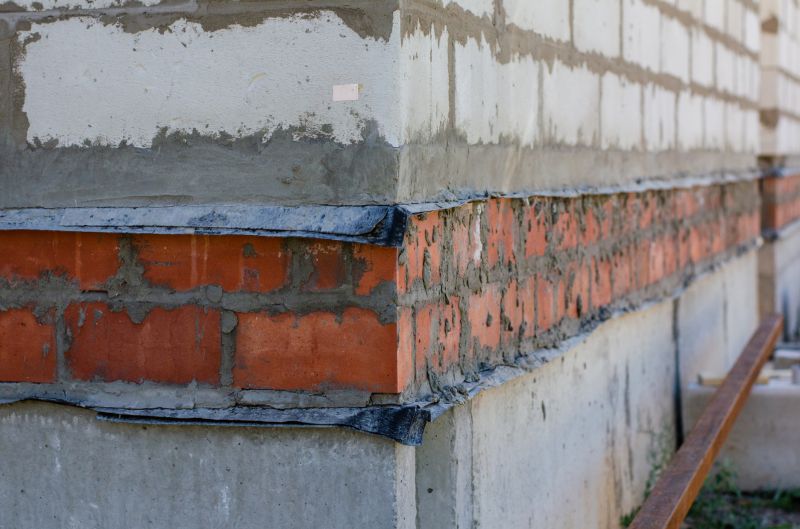
Finishes and colors that play nicely with Foundation Repairs.
| Season | Ideal for Foundation Repairs |
|---|---|
| Spring | Yes |
| Summer | No |
| Fall | Yes |
| Winter | No |
Foundation repairs involve addressing issues such as settling, cracking, and shifting that compromise the stability of a structure. These repairs can include underpinning, piering, and stabilization techniques designed to restore integrity. Proper timing ensures that repairs are durable and effective, minimizing the need for future interventions.
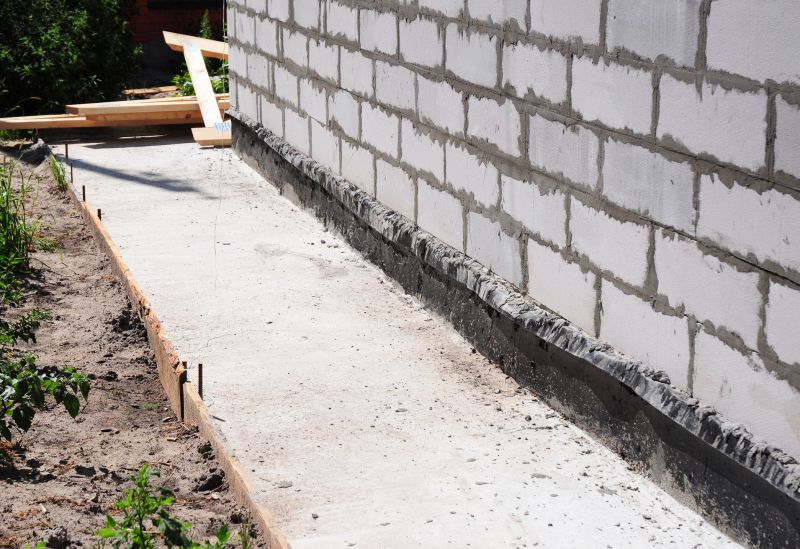
The process involves assessment, stabilization, and reinforcement to ensure long-term stability.
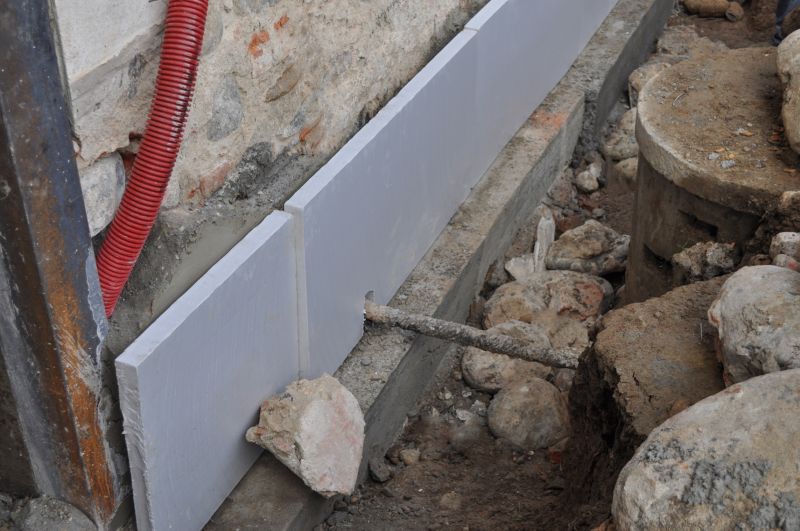
Techniques like underpinning and piering are used to correct foundation movement.
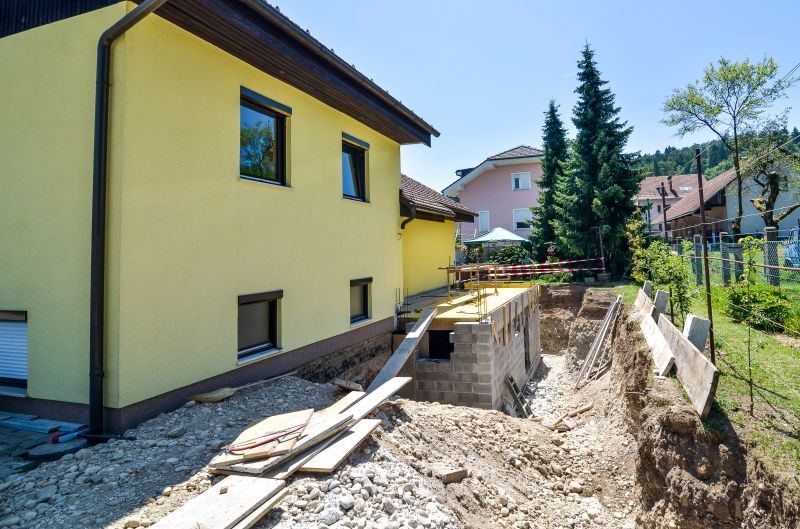
Thorough inspections are vital to determine the best repair approach.
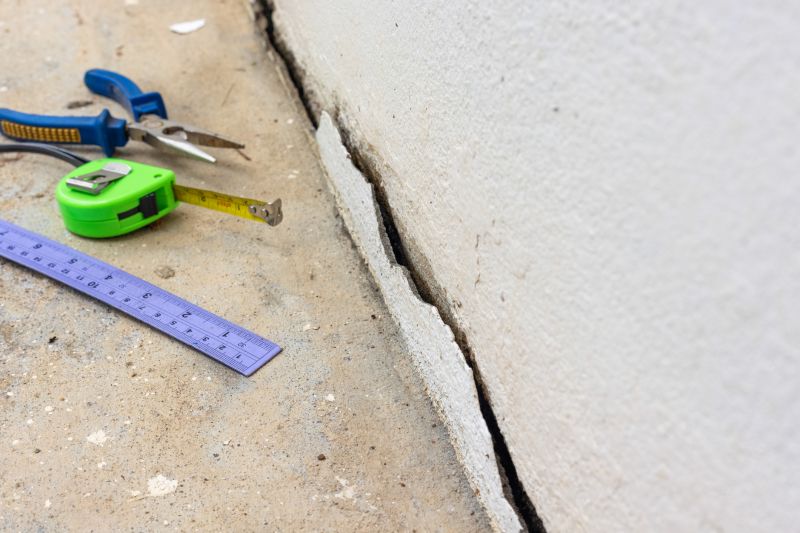
Little measurements that prevent headaches on Foundation Repairs day.
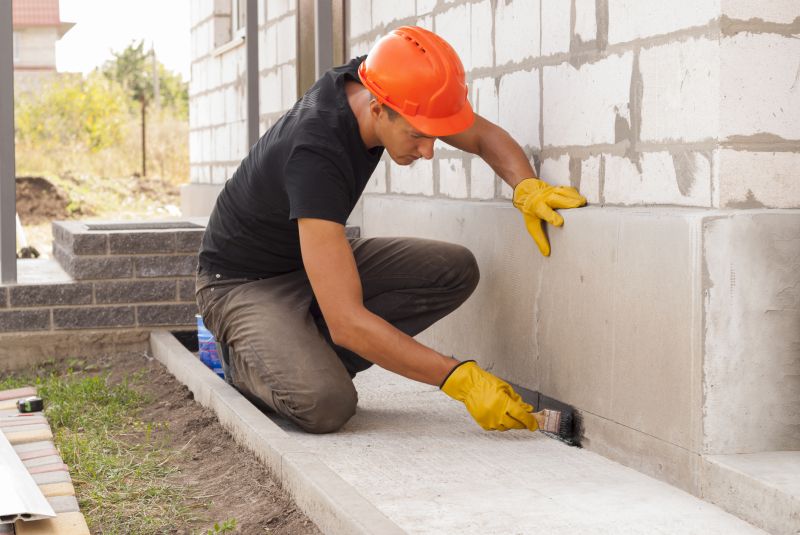
A 60-second routine that keeps Foundation Repairs looking new.
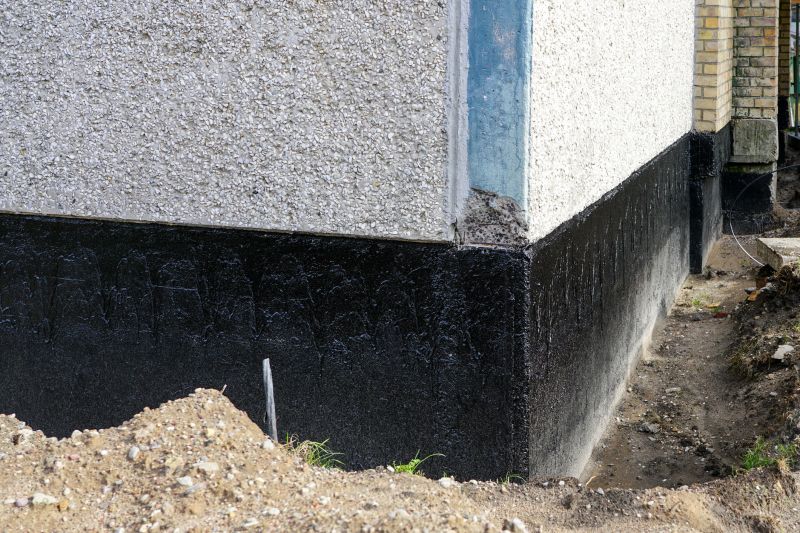
A frequent mistake in Foundation Repairs and how to dodge it.
Timely foundation repairs help prevent further structural damage and preserve property value. Regular inspections, especially during seasonal changes, can identify early signs of foundation issues, allowing for prompt intervention before problems escalate.
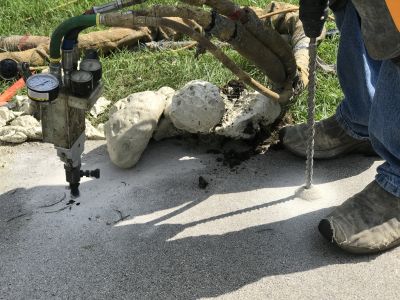
Specialized tools and machinery are used to perform precise repairs.
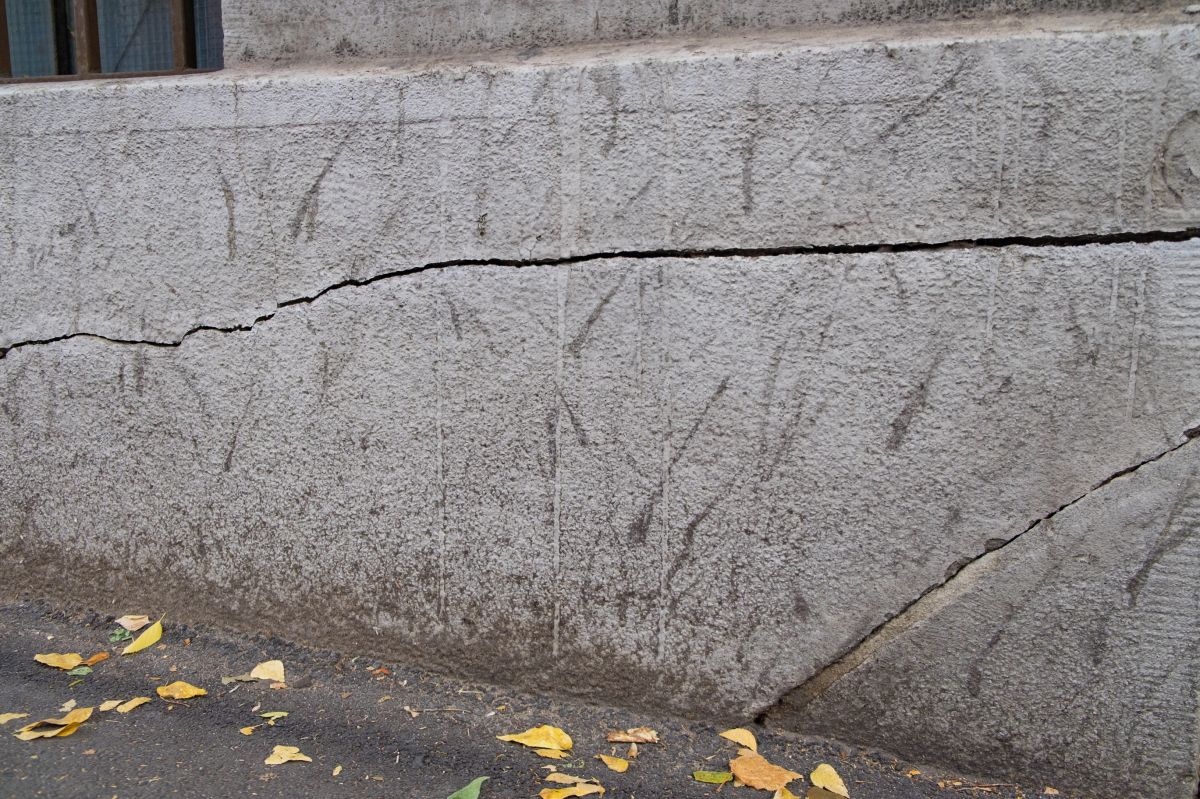
Addressing cracks early can prevent further structural damage.
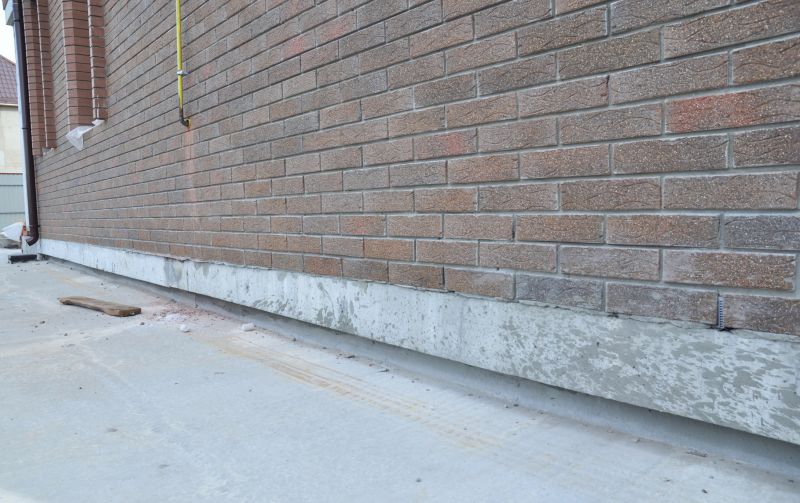
Underpinning provides additional support to compromised foundations.
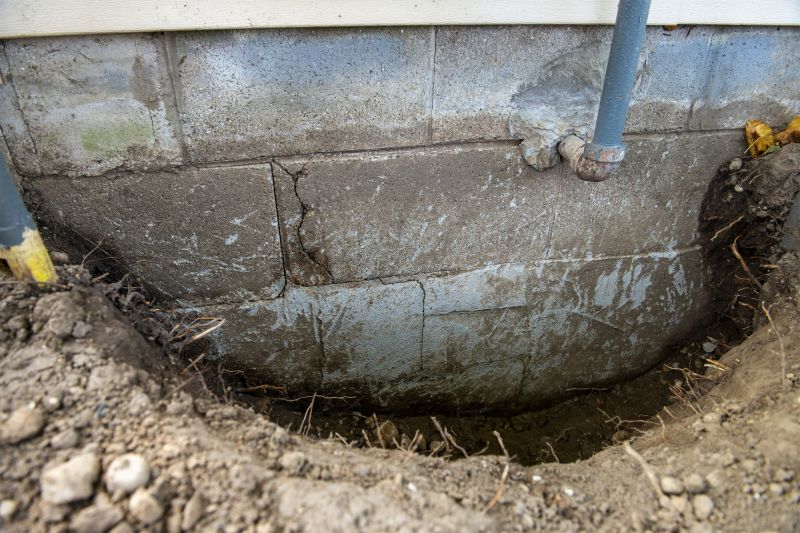
Soil testing informs the best approach for foundation stabilization.
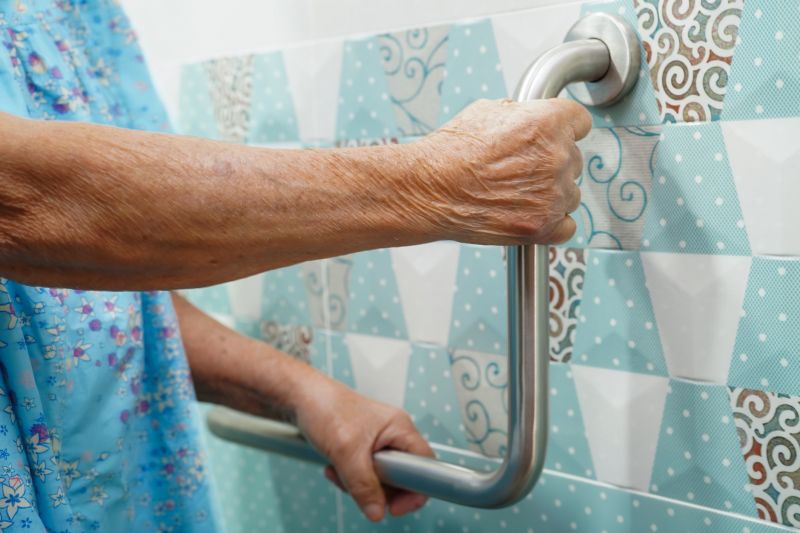
Small tweaks to make Foundation Repairs safer and easier to use.
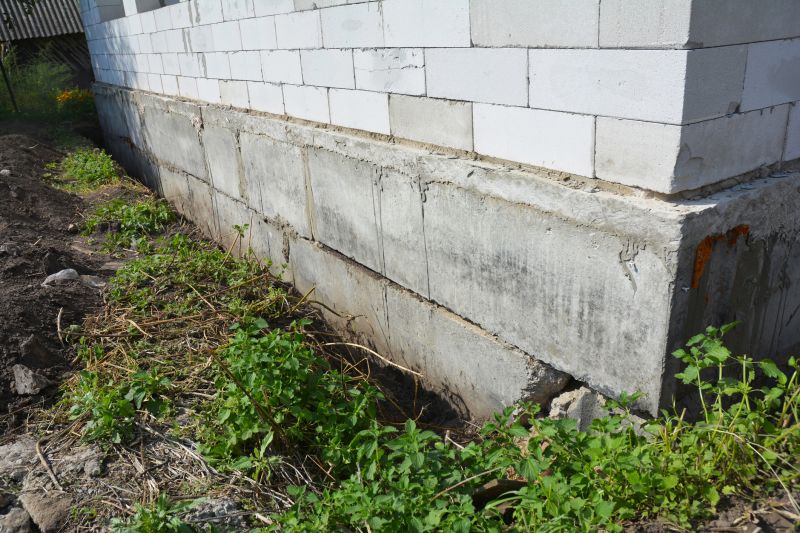
Lower-waste or water-saving choices for Foundation Repairs.
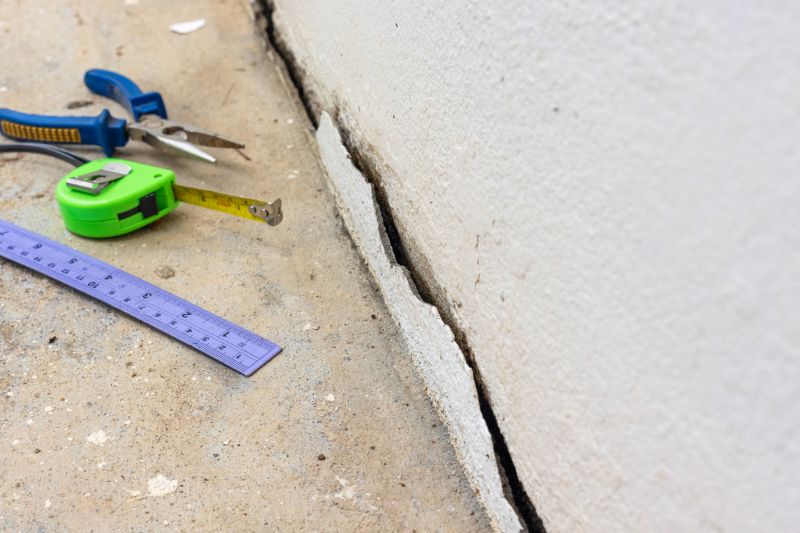
The short, realistic tool list for quality Foundation Repairs.
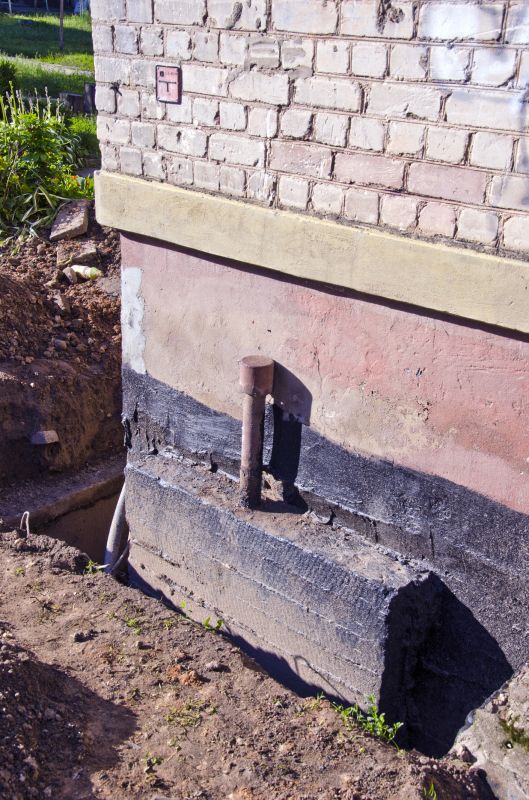
Rough timing from prep to clean-up for Foundation Repairs.
Interested property owners in Kent, OH, are encouraged to contact for more information about foundation repair options and scheduling. Proper timing and professional assessment are key to ensuring the longevity and safety of a structure.


